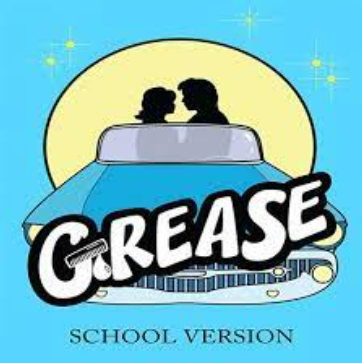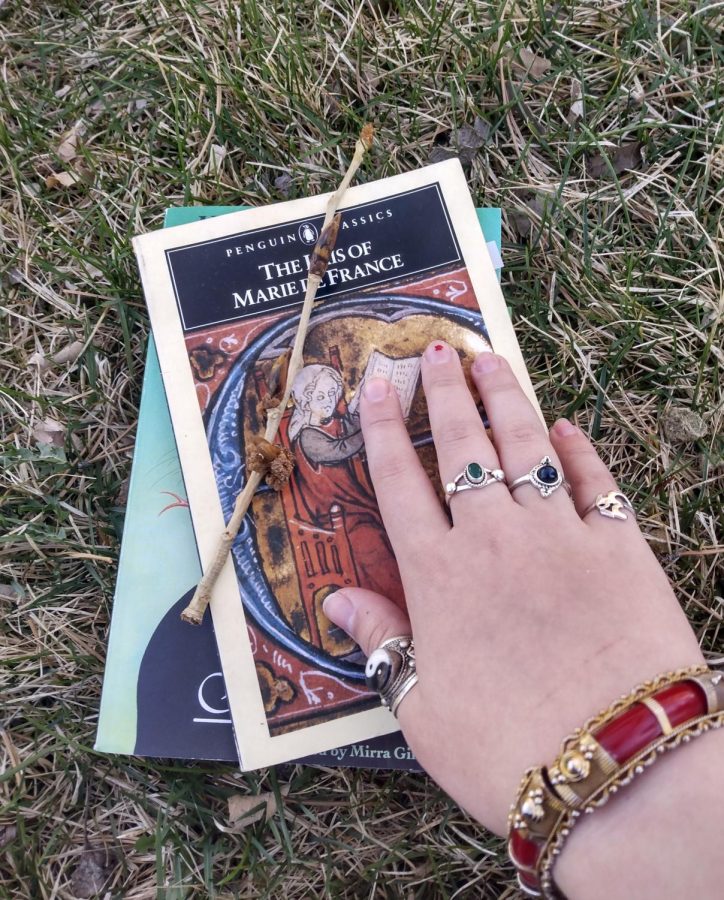Bask in the Classics
Summer is one of the prime times for catching up on much needed reading, and classical literature may be the most needed of all.
April 23, 2023
For many, the blistering period from May to August consists mainly of lethargic lounging and highly elevating one’s screen time hours, but despite its often less-than-savory reputation summer reading can be just as entertaining and beneficial as the prior engagements. The American Library Association not only states that “reading over the summer helps children keep their skills up” allowing them to make a smooth transition into the coming school year, but that reading also aids in the establishment and evolution of social-emotional skills such as deep thought, interhuman understanding, and empathy.
Classic literature is often regarded as pointless or pretentious in modernity, with the high prose and culture surrounding its compulsory nature in many American classrooms often keeping these books from gaining popularity with a contemporary audience. But despite these public conceptions, the timeless stories presented in classics have become one of the best ways to effectively gain an understanding of oneself and those that surround them, with these tales often holding themes that have held them in academic relevance and which continue to apply to the world and its inhabitants today. The Society for Classical Studies states that “tragic characters find themselves in extraordinarily difficult circumstances and face devastating crises. Their emotions and actions are key to understanding human psychology and behavior,” and it is in these keynote lessons that the lasting relevance and relatability of these materials, as well as the immense need for their continued consumption, is put on full display.
Considering all these benefits, and the unfortunate misconceptions surrounding them, reading classics is largely considered to be a crucial practice to not only gain useful empathetic skills but also to help these paramount works remain in pertinence and allow them to influence countless generations to come. But the right classics can often be hard to find, so here is a compiled list full of my personal recommendations for summer reading full of differing genres, levels, and lengths to suit all readers.
Classics For Summer Reading:
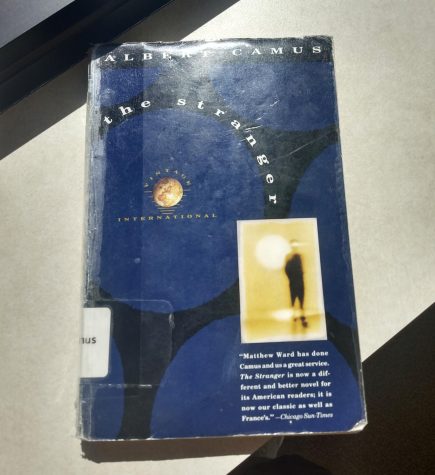
‘The Stranger’/’The Outsider’ (1942) – Albert Camus: A short modern classic that excavates the philosophy of humanity through the vehicle of one man’s process of grieving, or more accurately a lack of it, following his mother’s death. Delving into societal constructs of humanity through the absurdist concept for which he was renowned, Camus paints a portrait of Meursault, our “protagonist”, and his refusal to “play the game”, his refusal to search for meaning in a seemingly meaningless existence, instead focusing his attentions on the broil of Algerian summer and the resonant ringing of the street-car bells. The threat that Meursault poses to a “moral” society reflects in the overall ideas of absurdism, with the acceptance of the illogical nature of the universe and the decision to enjoy whatever it may bring granting people the freedom to simply live the life they are given, a freedom in conflict with the control seeking nature of the institutions of the world, or Camus’ “game”.
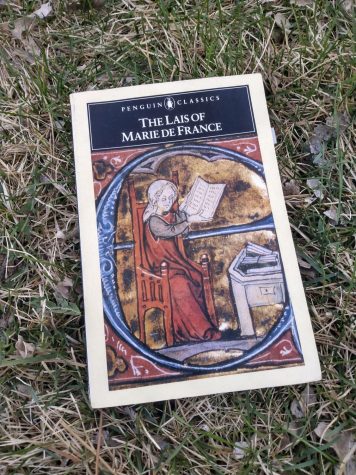
‘The Lais of Marie De France’ (1155-1170) – Marie De France: A medieval compilation of poetic tales overflowing with bravery, romance, and valor which went on to largely inspire Breton lais, a form of short, rhymed, and romance driven storytelling, often utilizing preternatural elements stemming from Celtic folklore, popular during the Middle Ages in France and England. These engaging and brief stories are translated from their original Old French into accessible and simplistic language allowing them to appeal to all levels of readers, from the highest academics looking to analyze their crucial impacts on the wider climate of medieval literature and the romance genre to fairy-tale lovers wishing to bask in the fantasy of powerful magic-wielding fae and snowy enchanted deer promising curses of love.
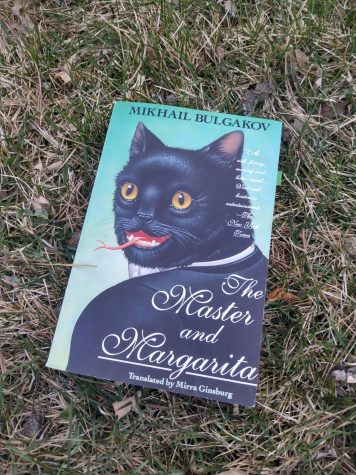
‘The Master and the Margarita’ (1967) – Mikhail Bulgakov: Often considered to be one of the Russian greats, Bulgakov masterfully blends surreal happenings and characters within his novel with pertinent political commentary satirizing the Stalin period and its values. Following the story of the Devil’s arrival in Moscow, followed by a slew of peculiar companions including a naked witch and a giant, drunken black tomcat, and his agenda of chaos and irony at the sake of the hypocritical and erroneous citizens. Written simply enough to understand, but overflowing with thematic complexity, ‘The Master and the Margarita’ transcends genre, adopting comedy, romance, and of course surrealism, and teaches readers to not only except but at times encourage the insane, after all everything is better with a tinge of the absurd.
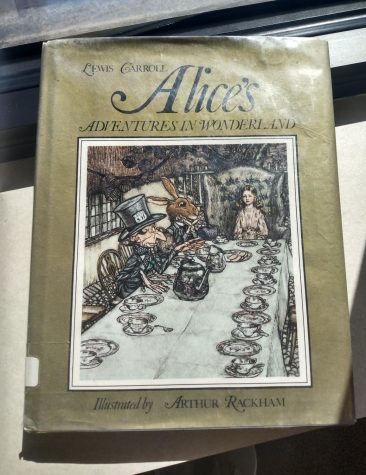
‘Alice’s Adventures in Wonderland’ (1865) – Lewis Carroll: The quintessential children’s adventure flung on its head in a fantastical whirlwind. Gorged on enlarging cake and shrinking drink the titular Alice finds herself traversing a whimsical landscape full of characters bordering on the burlesque. From hookah-smoking blue caterpillars possessing a mystical omniscience to mad hatters and March hares, Carroll crafts a enchanted and peculiar world that flaunts its enigma shamelessly and leads the reader into a labyrinth without end that, despite its continuance, still leaves one desperately wanting for more.
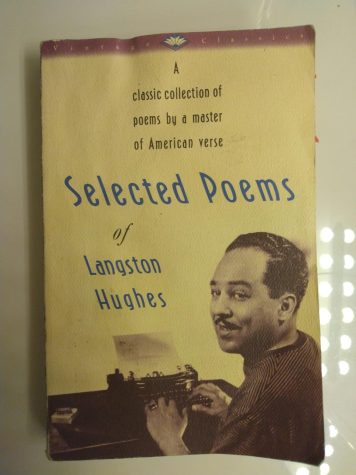
‘Selected Poems of Langston Hughes’ (1959) – Langston Hughes: An anthology of some of his most notable and influential writings this collection works as an ode to the masterful poet who broke racial boundaries through his deeply personal celebrations of African American roots and culture. Intertwining masterful lyricism with black tradition, Hughes’ pivotal works went on to promote equality and acceptance as well as condemning the injustices he and his people faced, paving the way for African American poetry forever. Ravishing and romantic in his descriptions Hughes’ paints tales of love, loss, and blues in transcendent shades of the heart rightfully earning him his place as one of the best poets in the modern era.

















